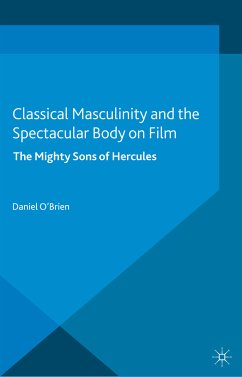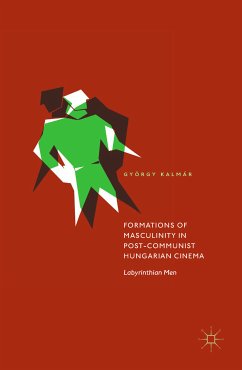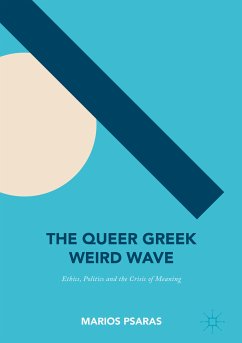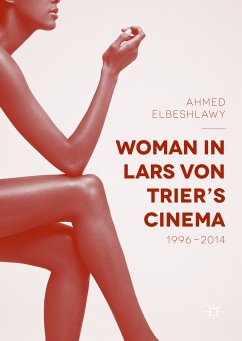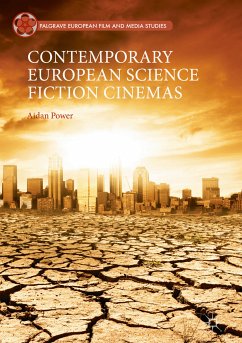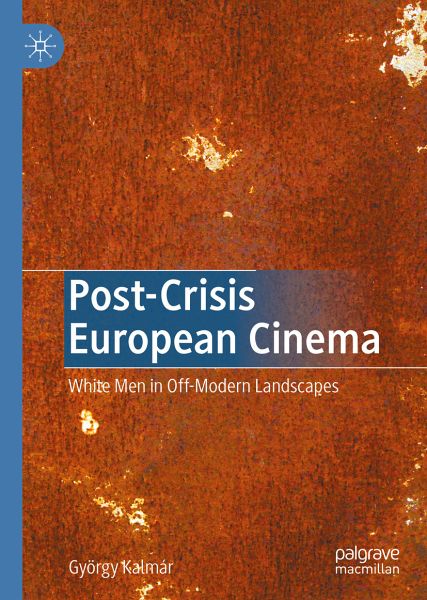
Post-Crisis European Cinema (eBook, PDF)
White Men in Off-Modern Landscapes
Versandkostenfrei!
Sofort per Download lieferbar
40,95 €
inkl. MwSt.
Weitere Ausgaben:

PAYBACK Punkte
20 °P sammeln!
This book explores the cinematic representations of the pervasive socio-cultural change that the 21st century brought to Europe and the world. Discussing films such as I, Daniel Blake, Cold War and Jupiter's Moon, it puts distinctively "post-crisis", gendered representations in a complex, theoretically informed and socially committed interdisciplinary perspective that maps the newly emerging formations of masculinity at a time of rapid socio-economic transition. Kalmar argues that the series of crises that started with the 9/11 terrorist attacks changed some of our fundamental expectations abo...
This book explores the cinematic representations of the pervasive socio-cultural change that the 21st century brought to Europe and the world. Discussing films such as I, Daniel Blake, Cold War and Jupiter's Moon, it puts distinctively "post-crisis", gendered representations in a complex, theoretically informed and socially committed interdisciplinary perspective that maps the newly emerging formations of masculinity at a time of rapid socio-economic transition. Kalmar argues that the series of crises that started with the 9/11 terrorist attacks changed some of our fundamental expectations about history, debunked many of our grand narratives, and thus changed the cultural logic of our (thoroughly globalized) civilization. The book focuses on the ways cinema reflects, interprets and shapes a rapidly changing world: the hot issues of the times, the new formations of identity, and the shifts in cinematic representation. This is an interdisciplinary research that isequally interested in what new the 21st century brought about, most specifically to Europe and to its white men, as in film and its responses to these socio-cultural changes.
Dieser Download kann aus rechtlichen Gründen nur mit Rechnungsadresse in A, B, BG, CY, CZ, D, DK, EW, E, FIN, F, GR, HR, H, IRL, I, LT, L, LR, M, NL, PL, P, R, S, SLO, SK ausgeliefert werden.



